As part of Operation Thunder, which has been conducted in 135 countries in cooperation with groups and entities like the World Customs Organisation, the Guardia Civil’s Nature Protection Service (Seprona) has detained 13 individuals on suspicion of being involved in the illegal trafficking of protected species in Spain.
According to Seprona, the programme is one of the biggest worldwide efforts to combat environmental crimes, having recovered over 20,000 wildlife species in recent years. nineteen endangered turtles have been saved in Alicante.
The cyber patrol was coordinated by Spanish agents with help from specialised NGOs and Europol, and included environmental crime experts from Croatia, Denmark, Finland, France, Hungary, Italy, Portugal, the Czech Republic, and the United Kingdom.
In Spain
The Guardia Civil in Spain has conducted 438 inspections, found 193 administrative and 11 criminal infractions, arrested and investigated 13 individuals, and seized 50 inert pieces, including ivory, tusks, paws, and skins, as well as 192 live specimens.
In his presentation of the investigations’ primary findings, Commander Ramón González Gallego noted that “in recent years we have detected a certain interest in venomous animals such as snakes,” and that “the European Union is a transit point, but also a destination and origin point for species trafficking,” particularly with regard to birds and reptiles.
Even if “some people are unaware that they are committing a crime,” the reality is that “we are increasingly seeing a more serious form of organised crime, which involves breeding and harvesting species for the purpose of generating profit.”
González claims that the financial gains from this kind of illicit commerce “vary depending on the sources consulted, but internationally, the range is very wide” and surpass 20 billion euros.
Penalties and violations
Along with one smuggling offence and another animal abuse offence linked to the trafficking of protected species, nearly all of the criminal offences found in Spain were related to document falsification.
The Natural Heritage and Biodiversity Law, CITES (Convention on International Trade in Endangered Species of Wild Fauna and Flora) regulations, companion animal regulations, and animal health and disease and infection regulations were the most prominent administrative infractions.
According to Commander González, the punishments meted out to criminals in this space “are still low, but they are increasing because they are often associated with other crimes such as document forgery,” and “an increase in penalties is expected in the short term.”
Additionally, Operation Thunder has made it possible to identify wood shipments from countries like Russia and Burma that are forbidden because of their origin and EU regulations.
Operational Features
Among the noteworthy operations, Seprona reported recovering 32 species from under the seats and in the trunk of a car in Tenerife, including a gallipato, a Mexican orange-legged tarantula, and a tortoise.
During a check of a residence in Telde (Las Palmas de Gran Canaria), investigators found 31 other species, including pythons, enormous African snails, California garter snakes, yellow scorpions, and lizards.
18 internationally protected and endangered turtles were rescued by Guardia Civil officers in Alicante and taken to the Santa Faz Wildlife Recovery Centre.
A suitcase carrying 98 birds—both siskins and goldfinches, which are protected nationally—was discovered inside a car in Huelva.

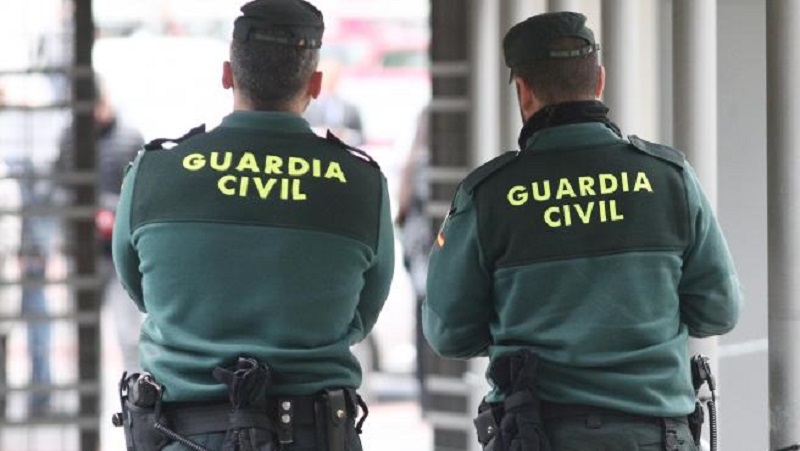


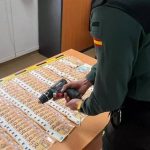
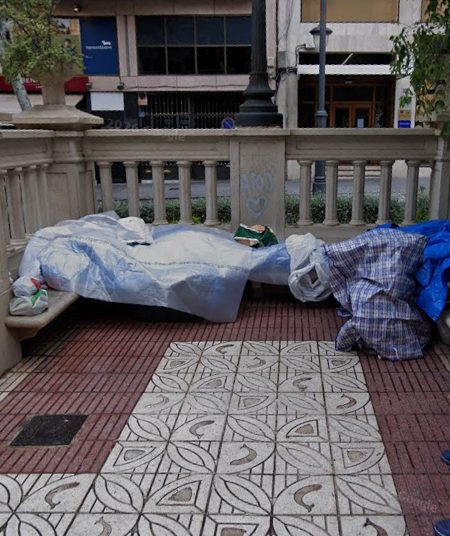

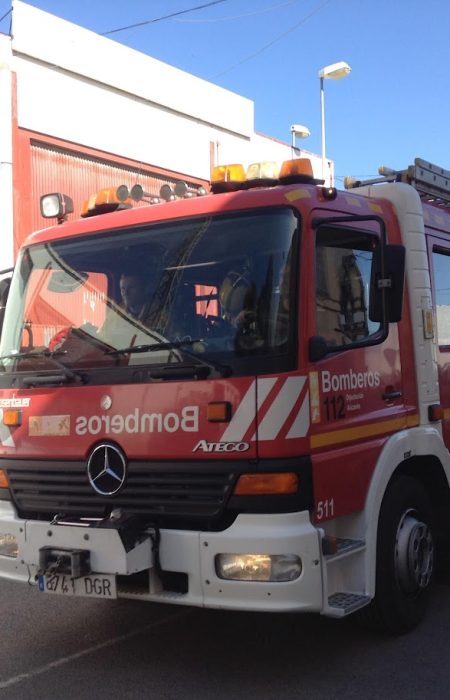
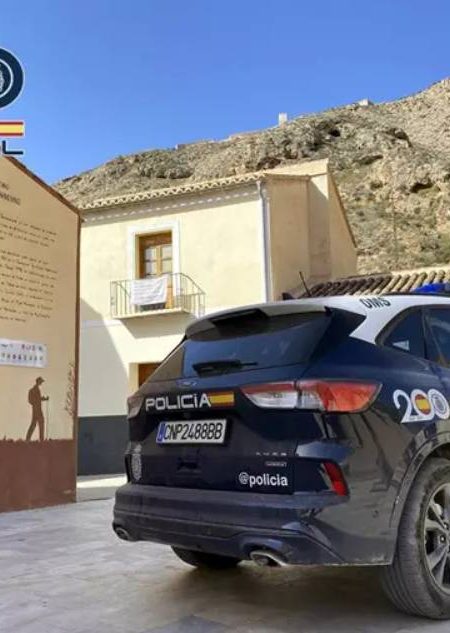
No Comment! Be the first one.